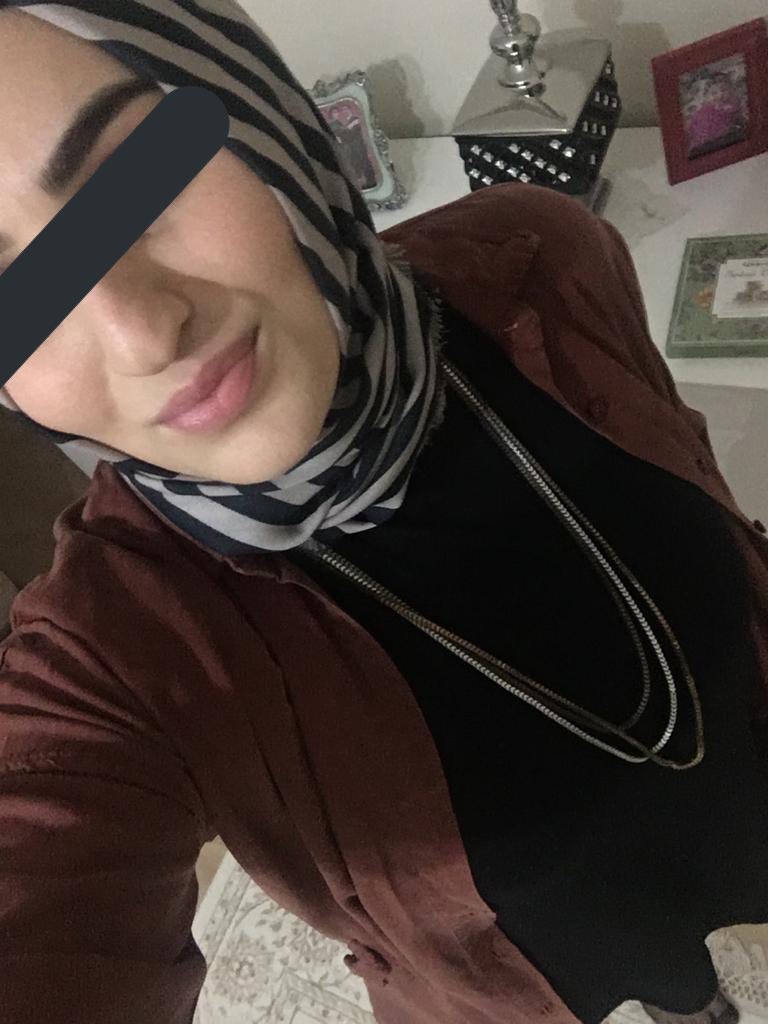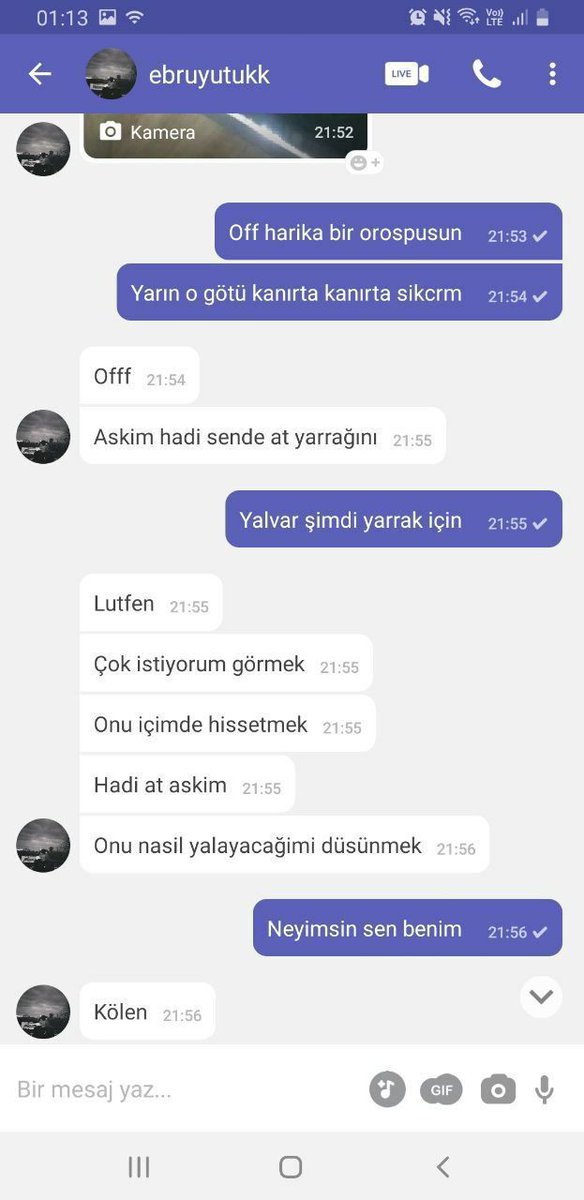Discover Turk Ifsa: Trending Videos & Exclusive Content
Is the digital world truly boundless, or are there hidden corners where the lines of privacy and consent blur? The proliferation of "Trk ifa" content, a Turkish term encompassing leaked or shared private videos and images, is a stark reminder of the vulnerabilities inherent in our interconnected age. This phenomenon, fueled by social media, messaging apps, and a seemingly insatiable online appetite, raises serious questions about individual rights, the ethics of digital distribution, and the very nature of consent in the 21st century.
The landscape of "Trk ifa" is complex and multifaceted, extending far beyond simple online sharing. It encompasses a range of platforms, from mainstream social media sites to more clandestine corners of the internet. Users encounter this content through various means, including direct links, shared files, and targeted searches. Furthermore, the nature of the content itself varies widely, from intimate personal videos to images taken without consent. This diversity creates an environment ripe for exploitation, where individuals are often unaware of the potential repercussions of their actions and the ease with which their private moments can be exposed to a global audience.
The term "ifa," translating roughly to "exposure" or "disclosure," is often used in conjunction with search terms related to Turkish individuals, particularly those who are young or in positions of vulnerability. This includes content labeled as "Trk amatr ifa" (Turkish amateur exposure), which implies the sharing of videos or images created by non-professional individuals. The motivations behind the creation and distribution of such content are diverse. Some may be driven by revenge, others by financial gain, and still others by a desire for notoriety or simple malicious intent. Whatever the impetus, the consequences for the individuals involved can be devastating, ranging from social ostracization and psychological distress to legal ramifications and reputational damage.
The rise of "Trk ifa" is indicative of a broader trend in the digital age: the erosion of privacy and the challenges of maintaining control over personal data. The ease with which content can be copied, shared, and disseminated online makes it incredibly difficult to remove once it has been released. This creates a permanent digital footprint, potentially impacting an individual's life for years to come. Furthermore, the anonymity afforded by the internet often emboldens individuals to engage in behaviors they would not consider in the real world, contributing to the spread of harmful content and the exploitation of vulnerable individuals.
| Category | Details |
|---|---|
| Term | "Trk ifa" |
| Translation | "Exposure" or "Disclosure" |
| Description | Refers to the sharing of leaked or private videos and images, often without consent. |
| Content Types | Includes intimate personal videos, images taken without consent, and content labeled as "Trk amatr ifa" |
| Platforms | Social media sites, messaging apps (e.g., Telegram), and websites |
| Motivations | Revenge, financial gain, notoriety, malicious intent |
| Consequences | Social ostracization, psychological distress, legal ramifications, reputational damage |
| Impact | Erosion of privacy, difficulty in removing content, permanent digital footprint |
| Related Terms | "Trk amatr ifa", "ifa link", "Telegram gruplar" (Telegram groups), "Turbobit ifa siteleri" (Turbobit exposure sites) |
| Legal & Ethical Concerns | Consent violations, privacy breaches, potential for exploitation, impact on reputation |
| Reference | Example Privacy Website |
The dissemination of "Trk ifa" content is not limited to a single platform or region. It's a global phenomenon, amplified by the interconnected nature of the internet. Platforms like Pornhub, as referenced in some search results, host various videos, including those containing the keyword "Trk ifa." The popularity of such content underscores a concerning trend the normalization of non-consensual content and the potential for exploitation.
Reports from social trends magazines highlight an increase in global interest in related terms, such as "sotwe turk ifsa," underscoring its growing influence and demonstrating the need for further awareness and control. This surge in interest highlights the importance of addressing the social, economic, and cultural effects of these online activities.
The rapid spread of this content has spurred a complex ecosystem, including dedicated websites and social media groups designed to share and distribute "ifa" material. Terms like "ifa link" and "Telegram gruplar" are used to identify these distribution channels. Websites often host extensive archives of content, making it readily available to a broad audience. The existence of these groups underscores the challenges involved in monitoring and regulating the flow of sensitive material across the internet.
Furthermore, the content itself is often presented in a way that caters to specific audiences. The presence of search terms like "Trk liseli ifa" (Turkish high school exposure) indicates a disturbing trend towards the exploitation of minors. This, coupled with the accessibility of content across various platforms, highlights the crucial need for robust safety measures and effective content moderation strategies to protect vulnerable individuals from online exploitation.
The existence of "Trk ifa" content also raises questions about the role of platforms in addressing the issue. Websites and social media companies have a responsibility to protect their users from harm, but the scale and decentralized nature of the internet make it difficult to effectively police all activity. This has led to a debate about the appropriate balance between free speech and the protection of individual privacy.
In addition to the ethical and legal concerns, the widespread availability of "Trk ifa" content has economic implications. The market for this type of material is often driven by financial gain, with individuals and groups seeking to profit from the exploitation of others. This can include direct sales of content, as well as advertising revenue generated from websites that host and distribute "ifa" material. The financial incentives involved contribute to the continued creation and distribution of harmful content.
The term "Escobarvip" and references to it, indicate that specific individuals or organizations are perceived as key figures in the "ifa" industry. The presence of these entities further adds to the complexity of the situation, indicating that the issue involves not only individual actors but also organized networks. These networks often operate with a degree of anonymity, making it more difficult to identify and prosecute those responsible for creating and distributing harmful content.
Various social media platforms and online forums are often utilized for sharing "ifa" content. For example, the use of hashtags like "#ive" and related terms such as "#shorts," "#viral," "#tiktok," "#girl," and "#hotgirl" show content aimed at generating attention and potentially reaching a broader audience. This usage highlights the importance of implementing effective content moderation strategies on these platforms, to identify and remove content violating terms of service and potentially harmful content.
The discussion also extends to the role of search engines, which contribute to the discoverability of this content. The presence of search queries such as "Twitter.yandex.com.tr video search t\u00fcrk liseli i\u0307f\u015fa 62:" demonstrates how readily available this content is via search platforms.
The ease with which one can find "Trk ifa" content highlights the failure of privacy protection measures across various platforms. It underscores the urgent need for robust measures aimed at reducing the risks of online exploitation and privacy breaches. This includes more stringent enforcement of terms of service, improved content moderation, and greater user awareness about online safety.
The discussion often references specific platforms, such as "Pornhub," which hosts videos under the label of "turk ifsa sotwe." The presence of these videos on established platforms emphasizes the need for consistent enforcement and continuous monitoring across the internet.
The rise of "Trk ifa" content is not a localized issue. It has evolved into a global phenomenon that crosses geographical and cultural boundaries. Various search results point to its broad reach, with related terms appearing in multiple contexts, including social media posts and online forums.
The continuous appearance of these terms across different platforms and search results emphasizes the necessity for a comprehensive, multi-faceted approach. This includes enhanced legal frameworks, responsible platform conduct, and increased public awareness.
A range of platforms, including Telegram, is used for sharing and promoting "ifa" content. User involvement, content sharing and information diffusion occur across private channels, which creates an extra layer of difficulty for content control.
As awareness of "Trk ifa" content grows, it's clear that tackling this challenge demands a multi-pronged approach. This must include stricter laws and enforcement, improved content moderation on digital platforms, and broad educational programs to encourage responsible online behavior. Prioritizing individual privacy and dignity is essential in this complex digital landscape.


